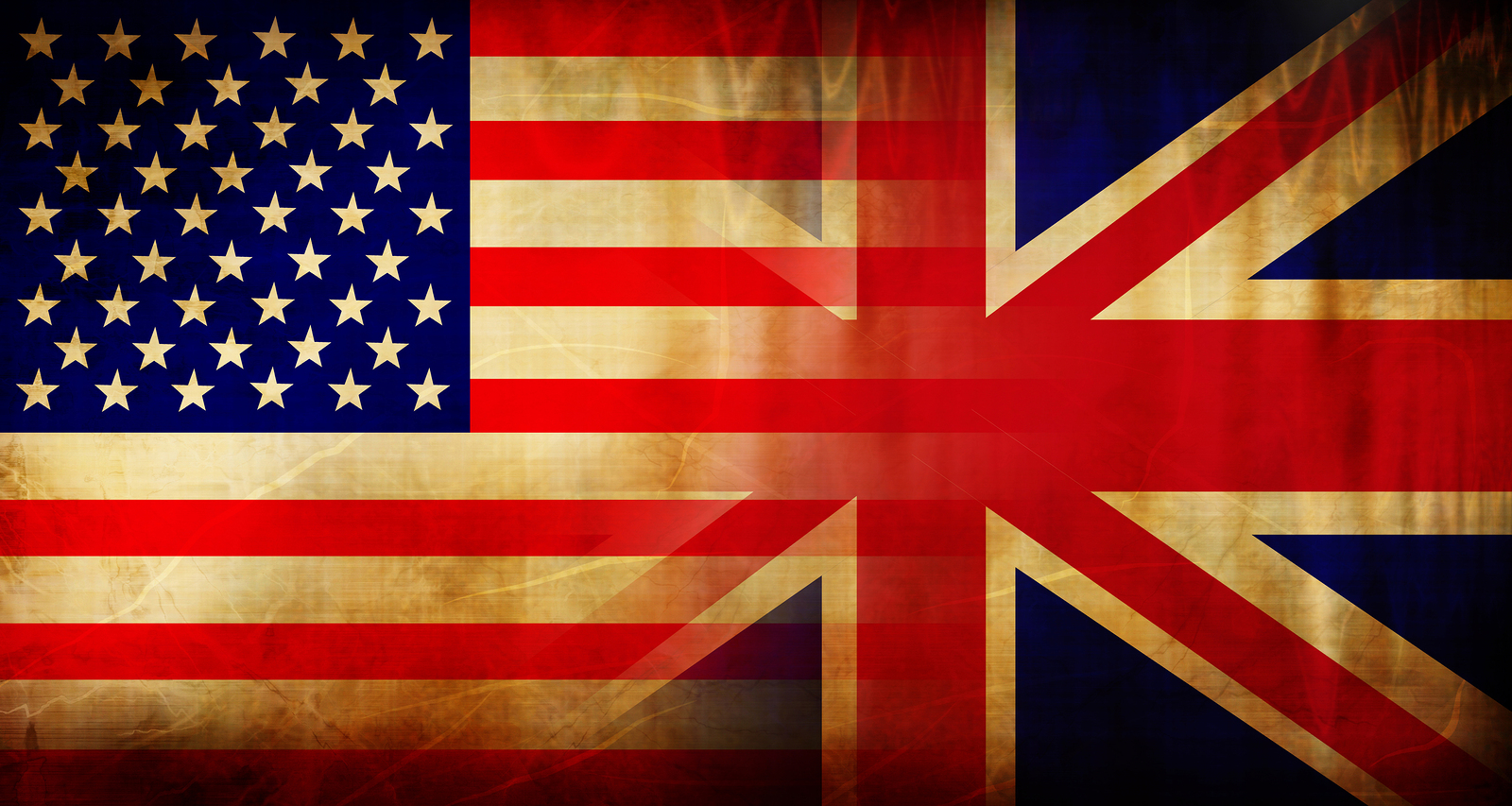Two writes don’t make a wrong
There are much more important differences between business writers on both sides of the Atlantic than whether they should use a ‘s’ or ‘z’. The biggest I’ve seen are the length of sentences, the level of assertiveness and a tendency towards floridity. Ok, that’s the first time I can ever remember using that word. But I’m a Brit who has lived in the United States a few years, and I’m getting ready to return in July, so forgive me.
The difference in writing styles between the UK and the US is not happenstance; it reflects a cultural divide. There I go again. Americans pride themselves on being direct; Brits relish their own smartness. It shows. A blog written by an Englishman might revel, even indulge itself in clever word plays, double entendre and similes, metaphors and onomatopoeia galore (cha-ching!). Americans get to the point.
So how is it in lands that share a common language, that we are so far apart in our use of words? Well, we’re not. It’s just that the English are better, more polite listeners and more patient readers. Sorry, I didn’t mean that. As a former Editor, I’ve read millions of words from writers on both sides of this literal divide (forgive the pun), and have little doubt that it comes down to attention span.
I have a confession. My outrageous generalization – from the U.S. side – is confined to the large metropolitan hubs…the likes of New York, Chicago, Boston and Washington DC. I’m less discriminating about the English.
In the American money centers, everyone is moving fast. Speed implies success. The faster you talk, the more you have to say. Go, go, go. No time for chit-chat. You have to be assertive. Go big or go home. You’re always on the one yard line. It’s prime time all the time.
Brits take a more considered approach to life. Not better; not even more ethical or considerate. They just enjoy communication as a pastime, and dialogue as an art form. Perhaps you can thank (or blame) the pubs for that. After all, that’s where so many of the conversational skills and repartee are honed like a knife edge to sharp perfection.
Verbal jousting is a British way of passing the time; it runs through our blood. It’s part of the national DNA. So don’t be surprised that when words are put on page, that the Brits usually take the chance to flex their linguistic muscle. It’s just what they do.
So when I read marketing material or articles from one side or the other, which do I prefer? Well, it depends where I am sitting (or drinking). And anyway, wouldn’t it be boring if we were all the same?
Share your thoughts on the differences of English writing below.




Leave a comment:
You must be logged in to post a comment.